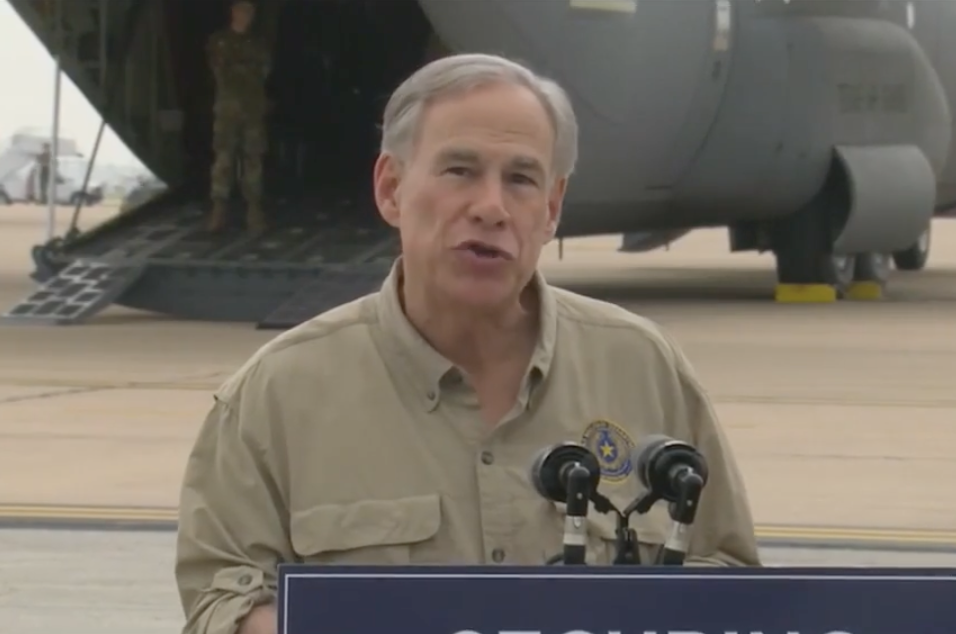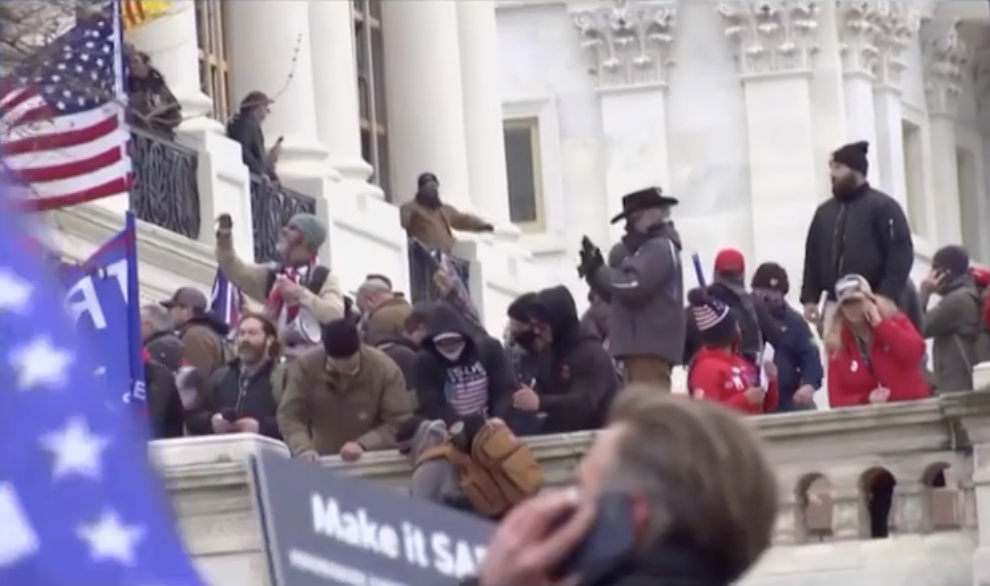The government under President Biden is initiating a rigorous enforcement exercise in El Paso, Texas, beginning Tuesday. This operation aims to process and potentially remove undocumented immigrants from one of the prominent migrant crossing zones. This action comes as the border sees an upsurge in migrant numbers, coinciding with the discontinuation of Title 42 later this week.
Officers from the Customs and Border Protection (CBP) and Immigration and Customs Enforcement (ICE) will steer the operation in El Paso. Currently, approximately 2,200 migrants are residing either in camps or on the streets near key entry points linking El Paso with Juárez, a Mexican city.
This situation is part of a larger influx, with over 26,000 detentions and more than 7,000 undocumented immigrants who managed to avoid capture within a span of just 72 hours, as per official records.
Visual evidence has already highlighted the large numbers of migrants moving into various parts of Texas, with the majority comprising single adults.
With the impending termination of the Title 42 public health order on Thursday, which has been employed since 2020 to swiftly expel numerous migrants due to the COVID-19 pandemic, an influx of migrants at the border is anticipated. Nearly half of all migrant encounters in March resulted in a Title 42 expulsion.
The expiration of the order is likely to draw a significant number of migrants to the border, under the assumption that their admission into the U.S. will be easier post the order's cessation. However, the Biden administration has refuted this belief, stating that the penalties for illegal entry will be increased. They have encouraged migrants to utilize the expanded legal routes.
The operation involves agents processing individuals for scrutiny and placement into Title 42 expulsion or Title 8 removal proceedings as appropriate, according to a statement by the CBP. Individuals posing threats to national security or public safety will be transferred to ICE for detention.
Troy Miller, the acting CBP Commissioner, stated that those lacking a legal basis to stay would be removed and discouraged individuals from falling prey to smugglers' lies, urging them to seek lawful protection avenues.
However, both agencies have assured that their actions will not hinder people's access to essential services or activities as far as possible.
Simultaneously, CBP will scale down operations at the nearby Paso Del Norte port of entry and has advised travelers to use alternative ports.
In preparation for an unprecedented number of encounters in the forthcoming days, the Biden administration is striving to discourage migrants from traveling north. It has set in motion several measures, including deploying 1,500 troops to the border, establishing migrant processing centers across Latin America, and striking a deal with Mexico to repatriate non-Mexican illegal immigrants.
The Department of Homeland Security (DHS) has also allocated an additional $332 million to NGOs and local authorities to support migrants released from custody.
Concurrently, the administration has ruffled feathers among immigration activists by advancing a rule that could render migrants ineligible for asylum if they illegally cross the border and fail to seek asylum in a country they have already passed through.
DHS Secretary Alejandro Mayorkas continues to assert that the border is not open and warns that migrants could face repercussions, including bans on re-entry and criminal prosecution if they enter illegally post-Thursday.
Q: What is the objective of the enforcement operation in El Paso?
A: The operation aims to process and possibly remove undocumented immigrants residing in El Paso, which is a significant hotspot for migrant crossing.
Q: What are the consequences of the termination of Title 42?
A: The termination of Title 42 could potentially lead to a surge in migrant numbers at the border. However, the Biden administration asserts that this doesn't mean easier admission into the U.S. and is stiffening penalties for illegal entry.
Q: What measures has the Biden administration taken in anticipation of the end of Title 42?
A: The administration is taking several measures, including deploying 1,500 troops to the border, establishing migrant processing centers across Latin America, and making a deal with Mexico to take back non-Mexican illegal immigrants. They have also allocated additional funding to NGOs and local authorities to support migrants released from custody.
Q: What could make migrants ineligible for asylum as per the new rule being advanced?
A: The rule could render migrants ineligible for asylum if they illegally cross the border and fail to seek asylum in a country they have already traveled through.
Q: What consequences could migrants face if they enter illegally after the termination of Title 42?
A: DHS Secretary Alejandro Mayorkas has warned that migrants could face repercussions, including bans on re-entry and criminal prosecution, if they enter illegally after the termination of Title 42.










